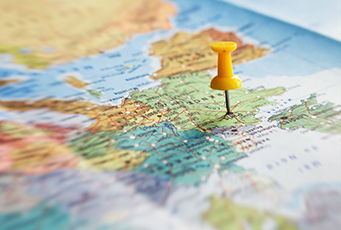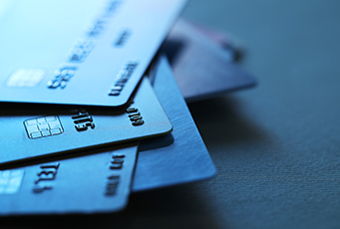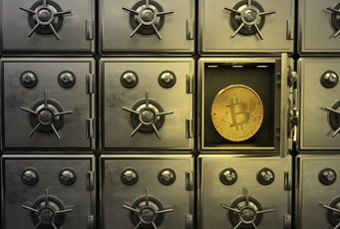
Are you ready? Yep, bags packed and activities lined up. But, have you thought about how you will get money and spend money while there? Preparation may be both valuable and time saving.
If you are traveling overseas this summer, you need to prepare financially over and above a vacation budget. Review these financial tips to avoid surprises and ensure a good time will be had by all.
Call Before You Go
Before you leave, contact your bank and credit card company to let them know you will be out of the country. That will ensure your foreign transactions are not declined. While you are on the phone, you should confirm the following:- Does your card work in the countries you will visit?
- What fees are charged for withdrawals and purchases? Are there any other currency or conversion fees?
- Does your credit card have a PIN? (Sometimes a PIN is required in Europe.)
- What is your daily ATM withdrawal limit?
Visa and MasterCard are the most widely accepted cards in Europe. American Express is less common and the Discover card is basically unknown.
Cash and Currency
Remember when you ordered foreign currency at your local bank and bought traveler’s checks to carry around? Those days are over. The best way to access the local currency is to use your ATM card after you arrive in the country at a bank ATM. Once again, make sure you are aware of any foreign transaction fees and your daily withdrawal limit.Try to avoid visiting banks to convert dollars into local currency. Most banks charge 8% and currency exchange booths in the airport and other places can charge up to 15%. You might notice that some shops accept American dollars, but be careful to understand the exchange rate the store is applying.
You should also know how to calculate currency conversions. There are currency conversion applications available, but most of them require the internet, which can have its own hidden costs. However, most smart phones have a built in calculator. Since conversion rates do not change significantly day-to-day under normal economic circumstances, look up the rate before you leave and calculate the conversion yourself. For example, the exchange rate for the euro is €1 = $1.12. If you are in a Paris restaurant and the cost is €20 for lunch, enter 20 into your smart phone calculator and multiply by 1.12. Your French lunch will cost you $22.40 (20 X 1.12 = 22.40).
Precautions
Protect your credit cards, debit cards, and cash. Only take the cards you plan to use. If your credit or debit card is stolen, report it immediately by making a collect call to your credit card company (Visa: 303/967-1096; MasterCard: 636/722-7111; American Express: 336/393-1111). Memorize all PIN codes and never write the number down close to your card information. Consider carrying any cash and cards in a money belt for extra safe keeping.
When withdrawing cash in a foreign country, use ATMs located outside banks. Thieves and scammers are less likely to target a cash machine near surveillance cameras. Moreover, if your card is damaged by a machine, you can go inside for help.
Value Added Tax (VAT)
The VAT is a tax levied for tourist visiting Europe. It is approximately 20%. You can get a refund for this tax, but it will take extra effort on your part. Typically, the purchase has to be above a certain amount and the merchant must prepare the necessary documentation. You will need to get the refund processed before going home, which means that your documents must be stamped at the border crossing or airport.Tipping
Europeans follow a different tipping standard than in the United States. Tips of 5% to10% are normal and appreciated. Furthermore, you should review the bill to determine if a tip was already included. Most European tippers will add 1 to 2 euros per person in the party. Typically, you should hand the tip to your server in cash.Enjoy
You are on vacation to relax and enjoy a different experience. So, before you go, remove all potential for financial worry and stress. A little preparation, precaution, and knowledge will help you spend your money wisely. Recommended Articles
Embracing Digital Innovation: Understanding the New Cryptocurrency Reserve
On March 6th, the Trump administration announced the...





